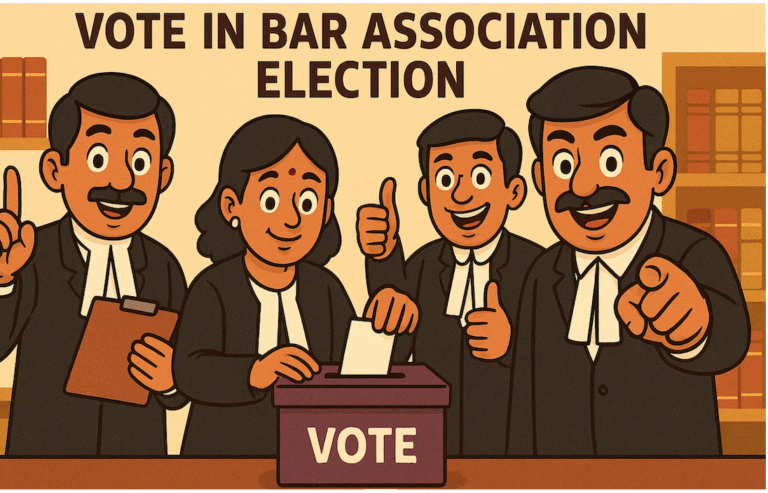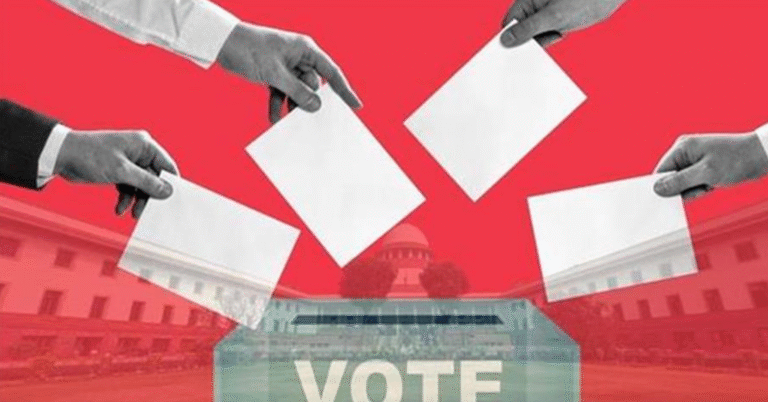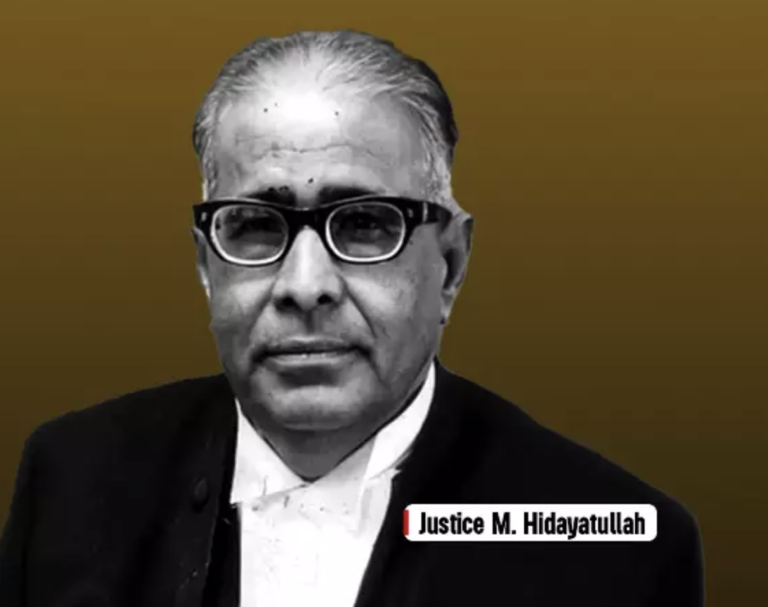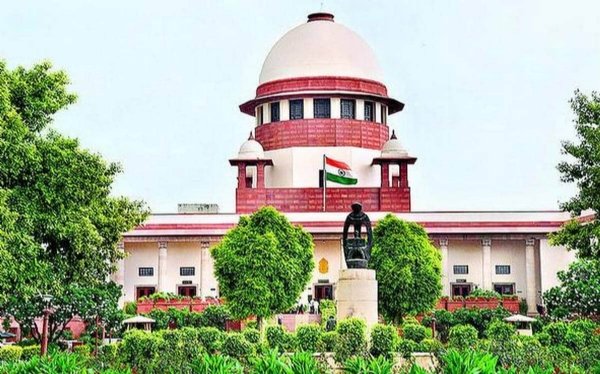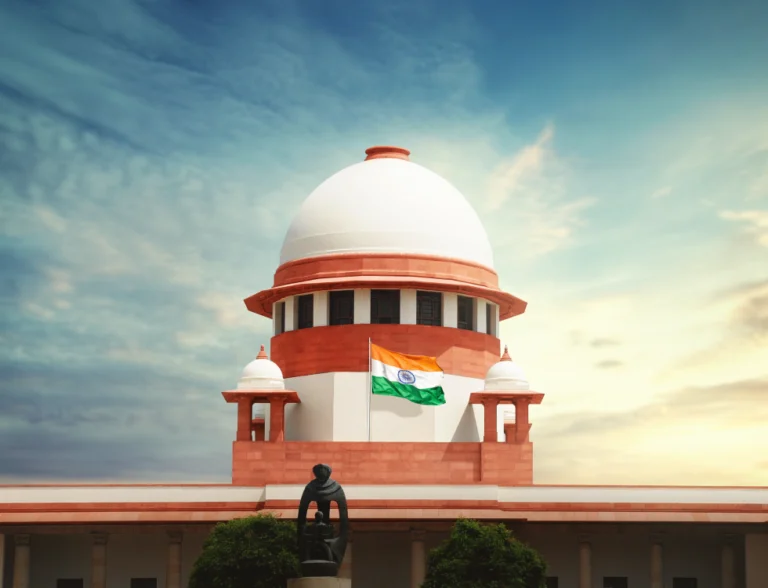Framing of charge and summoning Justice Sh. K.R. Shriram in to witness box for cross examination is must before passing any order in Contempt.

If court convicts in contempt without framing the charge, then the conviction is vitiated and state is bound to pay the compensation to the alleged contemnor because Judge is the executive arm of the state.
Counsel for Anil Gidwani Adv. Ojha submits arguments with various case laws of Supreme Court.
Judgment in Vijay Kurle, In re, 2020 SCC OnLine SC 407, Pritam Pal v. High Court of M.P., 1993 Supp (1) SCC 529, Prashant Bhushan, In re (Contempt Matter), (2021) 3 SCC 160, are overruled and per-incuriam. If the ratio laid down Vijay Kurle’s case is followed then tomorrow any Judge will give death penalty under Contempt to any citizen or lawyer who used red ink pen or for any reasons at his whims and fancies.
Justice Shriram is unaware of the procedure laid down under sec 14 and 15 of the Contempt of Courts Act and therefore he passed such unlawful orders. Procedure for both section is exclusively different.
Adv. Ojha cites the Supreme Court & Privy Council judgements and he adopted the Arguments of Soli Sorabjee which were accepted by the Constitution Bench in the case of Sahara India Real Estate Corporation Ltd. Vs. SEBI (2012) 10 SCC 603, to prove that the judgment of smaller benches in Adv. Vijay Kurle, Adv. Prashant Bhushan, case, are not the correct proposition of law.
Chief Justice directed Advocate General to give his response on the legal position pointed out by Adv. Ojha.
Anil Gidwani is facing contempt charges for saying Justice Shriram in open court that ‘You are a public servant behave like public servant’.
Mumbai:
– In a hearing o contempt case before the Bench of Chief Justice Sh. Gangapur
Walla of senior citizen and IT expert Sh. Anil Gidwani, who is facing contempt charges
for saying Justice Shriram in open
court that ‘You are a public servant behave like public servant’, Anil
Gidwani requested the Court to frame the
charge against him and summon Justice K.R Shriram into witness box for his
cross examination.
This
request was objected by the advocate General Shri Birendra Saraf saying that
the provisions of Contempt of Courts Act, 1971 are not binding on the courts
and court can straightaway convict the contemnor without following any
procedure or law.
In
support of the said submission Attorney General relied on the judgment of two
Judge Bench in Vijay Kurle, In re,
2020 SCC OnLine SC 407, which is based on another two judge bench in Pritam Pal v. High Court of M.P., 1993
Supp (1) SCC 529.
On
15.03.2023 Adv. Ojha appeared for Anil Gidwani and in his 1 and half hours
argument he pointed out to the Court that
the judgement relied by Advocate General is not a correct position of law and a
bad precedent. Because the ratio laid down by the two Judge bench in Pritam Pal v. High Court of M.P., 1993
Supp (1) SCC 529, case is specifically overruled by the Three Judge
Bench in Bal Thackrey Vs. Harish
Pimpalkhute (2005) 1 SCC 254.
Therefore,
the judgment by the two Judge bench in the case of Vijay Kurle, which is
case based on overruled judgment is a nullity and cannot be treated as a
binding precedent.
Many
High Courts have also taken a view that the judgment in Pritam Pal v.
High Court of Madhya Pradesh 1993 Supp (1) SCC 529 is no longer good
law in view of larger Bench Judgment in Pallav Sheth Vs. Custodian
(2001) 7 SCC 549 , Dr. L.P.
Mishra Vs.
State (1998) 7 SCC 379, Adv. Ojha pointed out that the ratio laid down
in Vijay
Kurle’s case
is once again proven to be bad law
and stands impliedly overruled in view of recent three Judge Bench judgment in P.
Mohanraj Vs Shah Brothers (2021) 6 SCC 258 . He gave around 28
Judgments of Constitution and Higher Benches of the Supreme Court to point out
that the proceedings under Article. 215, 129 of the Constitution has to be
conducted as per the provisions of Contempt of Court Act, 1971 and any
deviation from the said act and rule vitiates the entire proceedings. He also
relied upon the article written by Sr. Counsel Dr. Asim Pandya in Live Law
Title: Arrogation Of
Unlimited Contempt Power By The Supreme Court- A Hornets’ Nest Stirred Up Again.
Asim Pandya,
Senior Advocate Dt: 16 Sept
2020 1:
Larger
Bench of the Supreme Court in Pallav Sheth Vs. Custodian (2001)
7 SCC 549 had ruled as under;
“31. This Court
has always frowned upon the grant or existence of absolute or unbridled power.
Just as power or jurisdiction under Article 226 has to be exercised in
accordance with law, if any, enacted by the legislature, it would stand to
reason that the power under Article 129 and/or Article 215 should be exercised
in consonance with the provisions of a validly enacted law. In case of apparent
or likelihood of conflict the provisions should be construed harmoniously.”
Same
law is followed in Maheshwar
Peri v. High Court of Judicature at Allahabad, (2016) 14 SCC 251 it is ruled as under;
“10. . Be
it an action initiated for contempt under Article 129 of the Constitution of
India by the Supreme Court or under Article 215 of the Constitution of India by
the High Court, it is now settled law that the prosecution procedure should be
in consonance with the Act, as held by this Court in Pallav Sheth case [
(2001) 7 SCC 549] .”
DUTY OF THE JUDGE
FORWARDING CONTEMPT REFRENCE TO PROVE CASE OF CONTEMPT BY ENTERING IN TO
WITNESS BOX:
As
per Mrityunjoy Das v. Sayed Hasibur
Rahaman (2001) 3 SCC 739, P. Mohanraj 2021 SCC OnLine SC 152, Regina Vs Kopyto (1987)
39 CCC (3d) 1 and many
binding precedents, the person/Judge who asserts contempt must prove it. It is the duty of the prosecution to first
prove their charge and then only the opposite party (Alleged Contemnor) can be
asked to prove his defence either by cross-examination of prosecution witness including
Judge or by bringing defence evidences.
Here,
since the charges are levelled by Justice K. R. Shriram therefore he
should first come to witness box and the contemnor should be given opportunity to
cross-examine him.
There
are case laws in this regard where Judges of High Court & Supreme Court
were summoned and cross-examined. [Suo Motu v. Santy George, 2020 SCC OnLine Ker 563, R. Viswanathan and others Vs Rukn-ul-Mulk
Syed Abdul Wajid AIR 1963 SC 1, Woodward Vs. Waterbury 155 A.
825]
Adv.
Ojha relied upon a judgment in Khemchand Agrawal v. Commissioner
Irrigation 2004 SCC OnLine Ori. 119, where it is ruled that if provisions of Contempt of Court
Act are not applicable then any judge can pass death penalty for contempt. He
said as per Article. 20 of the constitution if there is no Act then there
cannot be offence. In an additional written submissions on behalf of Anil
Gidwani the counsel relied upon the arguments of former Attorney General Soli
Sorabjee which were accepted by the constitution bench of the Supreme Court in Sahara India Real Estate Corporation Ltd. Vs.
Securities & Exchange Board of India (2012) 10 SCC 603.
Adv.
Ojha relied upon the arguments of Soli
Sorabjee which were accepted by the Constitution Bench in the case of Sahara India Real Estate Corporation Ltd.
Vs. SEBI (2012) 10 SCC 603. He
said that the said ratio is sufficient to prove that the judgment of
smaller benches like Vijay Kurle, In re, 2020 SCC OnLine SC
407, Prashant Bhushan, In re
(Contempt Matter), (2021) 3 SCC 16, are not the correct proposition of
law. High Court’s Chief Justice’s Bench of Bombay High Court on 15.03.2023
heard arguments of Adv. Nilesh Ojha for
around 1 and half hours on the issue of mandatory requirement of following
procedures of Contempt of Courts Act, 1971 as per Constitutional mandates and
binding precedents of the larger Benches of the Supreme Court.
Download the copy of Written Arguments Here.

